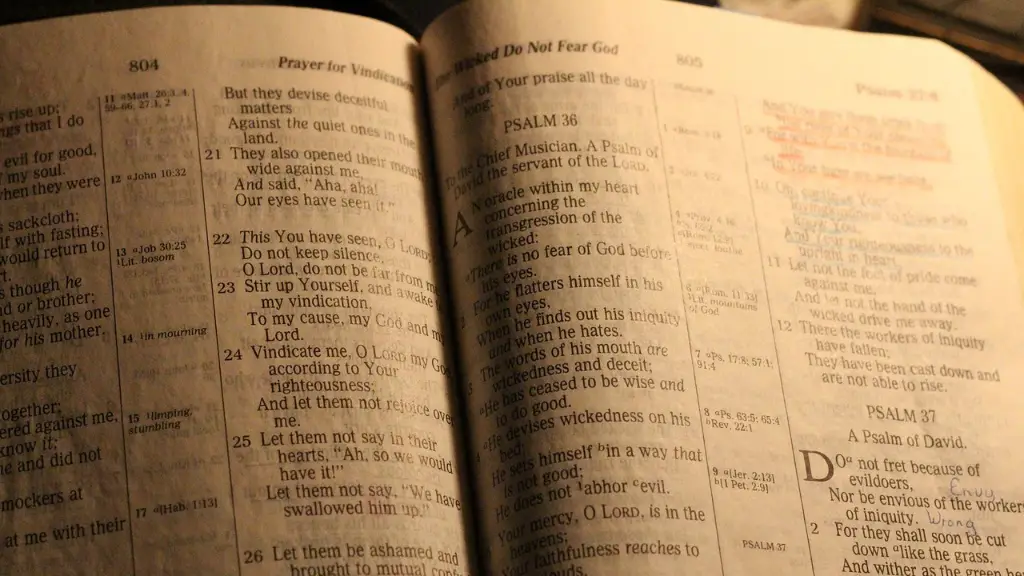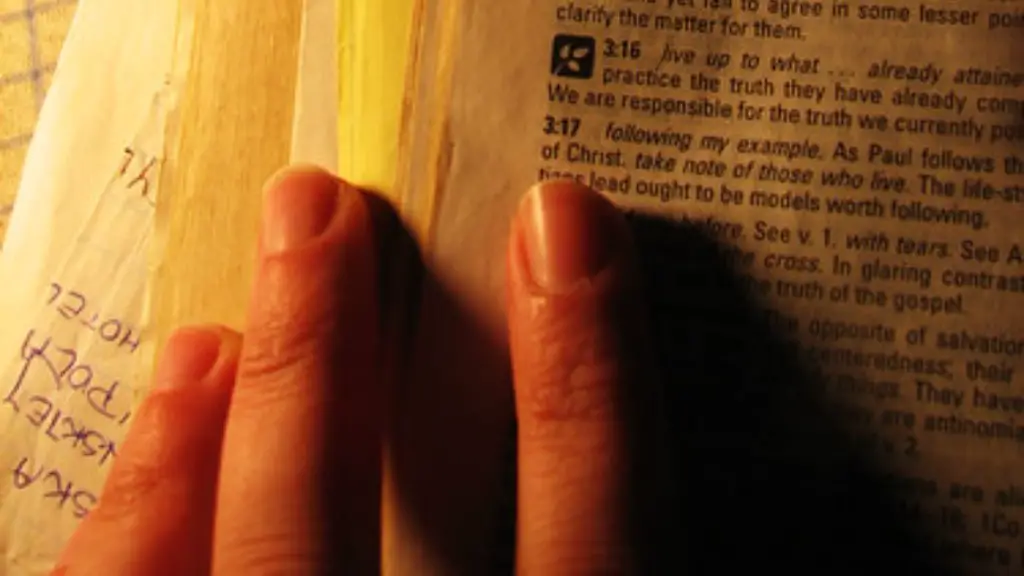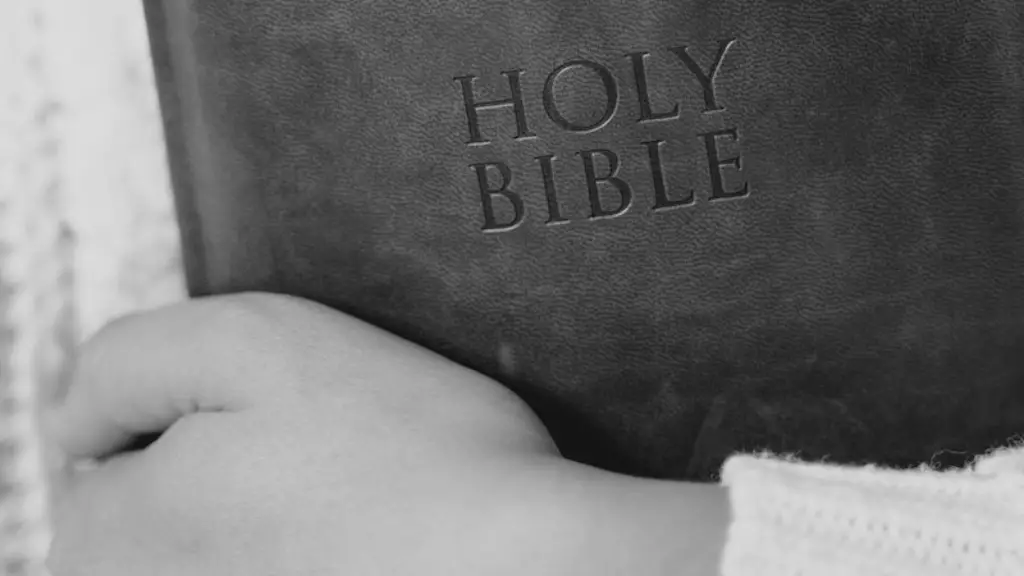What does the Bible say about women preachers? The Bible, seen as the divine Word of God by many, has been often used as the basis for restricting heavily women’s roles in public life, with preachership being one of the keystones in many traditional religions. Historically, women have faced serious restrictions on their ability to become preachers, as there is no explicit support of the idea of women preachers in any of the texts of the Bible. Despite this, however, the Bible has offered a way forward for those in the church who believe in the gifts and callings of women.
The main text which appears to prohibit women from becoming preachers is the book of Paul’s Epistle to the Corinthians written to the church in Corinth and included within the Bible. The passage in question reads, “Let the women keep silent in the churches, for they are not permitted to speak” (1 Corinthians 14: 34–35). This has been a controversial portion of the Bible and has been interpreted in countless ways, from suggesting that women cannot speak at all in church to suggesting that they have limited roles and functions in the church.
Despite this, there is plenty of evidence to suggest that the Bible is much more accepting of the idea of women preachers than one may initially think. In the book of Galatians, Paul says “There is neither Jew nor Greek, there is neither slave nor free, there is no male and female, for you are all one in Christ Jesus” (Galatians 3: 28). Paul’s letter to the Galatians is often seen as his call for equality and acceptance among all of God’s people. This passage in particular is often taken as evidence for the inclusion of women in the preacher’s role in the church. Furthermore, the Bible makes a distinction between the roles of pastor and apostle, two roles which were traditionally limited to men in the early church. The passage in Ephesians 4: 11–12 makes this distinction, saying “He gave some to be apostles, some to be prophets, some to be evangelists, and some to be pastors and teachers, for the equipping of the saints for the work of ministry, for the edifying of the body of Christ”.
Though the Bible offers these various verses that can be used to support the idea of women preachers, there are still some in the church who oppose the idea. These people often cite the passage in 1 Corinthians 14 as their primary justification for restricting the role of women in church leadership. Furthermore, some suggest that the Bible refers to men as the spiritual leaders of the church in a variety of other passages such as 1 Timothy 2: 11–12, which reads “Let a woman learn in silence with all submission. And I do not permit a woman to teach or to have authority over a man, but to be in silence”. These various verses are often taken as a prohibition of women in the preacher’s role and as evidence of the hierarchy between men and women in the church.
Ultimately, the decision of whether to permit women to become preachers is left up to the individual church and the interpretations of these various passages. For those in the church who are looking to interpret these passages in ways which allow for the inclusion of women in the preachers role, there is much to find in the Bible which can be used to support the idea. For those who oppose the idea, there is also a variety of passages that can be cited. Ultimately, the interpretation of these passages comes down to the individual and what they see as God’s will for the church.
The Role of Women in Other Religious Texts
When looking at the role of women in the larger religious context, it is important to consider other religious texts which offer additional insight and perspectives. For example, the Quran is much more explicit in its support of women preachers than the Bible in many ways. There is an entire Surah (chapter) dedicated to Mary, the mother of Jesus, which speaks to her role as a religious teacher and spiritual leader. Additionally, the Quran is explicit in its support of women as preachers, stating in Surah 4: 32-34 that “Men are in charge of women, because Allah has made one of them to excel the other, and because they spend of their wealth”. This passage has oftentimes been taken as a call for women to take up leadership roles in religious communities and to preach.
The Hindu scripture, the Bhagavad Gita, also speaks to the role of women in religious contexts. In Chapter 2, Arjuna States, “Let the women of all castes be admitted into the assembly, for they also are possessed of faith and devotion. Let them hear and ponder all the Vedas, for their minds will be open to all the meanings”. Here, Arjuna is advocating for the inclusion of all women in religious assemblies, including the preachers role. This verse is often taken as a call for women to take up the mantle of preachers in a religious setting.
Though the Bible does not explicitly support the idea of women preachers, it does allow for those in the church to interpret these various texts in ways which permit the role of women in religious life. Additionally, when looking to other religious texts, there are glimpses of support for the idea of women preachers in many cases. Ultimately, the decision of whether to accept women into the preacher’s role is a decision which must be made by individual churches and their interpretation of these various texts.
Types of Women Preachers and Their Impact
For those who believe in the gifts and callings of women in the church, there are a variety of different roles in which women can fulfill the preacher’s role. These roles vary from traditional preaching to teaching classes, leading small groups, preaching lectures, and even leading full churches. Each type of role has a different impact and potential for impact in the broader religious community.
Traditional preaching, or leading a church service, offers an opportunity for a woman to reach a large audience and influence lives in a profound way. This type of preaching often involves teaching the Bible, offering advice, and providing pastoral care to the congregation. Through this type of preaching, women are able to create meaningful connections with the people in their church, helping to bring life and purpose to the message they are teaching.
In addition to traditional preaching, women can also take up roles of teaching classes and leading small groups in a church setting. These roles offer an opportunity to teach in a more intimate setting and to create deeper connections with those they are teaching. This type of preaching typically focuses more on practical applications of the Bible and on ways to apply it to everyday life. Through these teachings, women are able to impact people’s lives in a more lasting way.
The other type of preaching that women can take up is lecturing. This type of preaching involves delivering a sermon or message at a university or other educational institution. This type of preaching offers an opportunity for a woman to reach a larger audience and to influence the lives of a much larger group of people. Women who lecture often bring a unique perspective to their sermons and lectures, resulting in a more meaningful impact.
Overall, there are many opportunities available to women who feel they are called to preach. Through these various types of roles, women are able to create meaningful connections with their congregations and impact the lives of those they teach in powerful ways.
Common Challenges for Women Preachers
Though women are increasingly gaining acceptance in the preaching role, there are still some common challenges that many female preachers face. Some of the most common challenges include lack of support from their church, discrimination from the congregation, and a lack of resources and training. Additionally, women are often still viewed as somewhat inferior to men in the female preaching role, a perception that can limit their potential for impact.
Lack of support from the church is a major challenge for many female preachers. This can manifest itself in various ways, from not having access to the same resources available to male preachers, to the lack of a supportive environment in which to preach. This lack of support can be discouraging and can make it difficult for a woman to feel successful in her role as a preacher.
Discrimination from the congregation is also a major challenge for many female preachers. This discrimination can take the form of microaggressions, such as eye rolling or patronizing comments, or more overt forms of discrimination, such as refusing to accept the preacher’s message or argue in favour of an exclusively male leadership in the church. This type of discrimination can be discouraging and can make it difficult for female preachers to create meaningful connections with their congregations.
Additionally, many female preachers lack the resources and training that male preachers are often given. This lack of opportunity to develop the necessary skills and knowledge can make it difficult for women to succeed in the preacher’s role. Without proper training and resources, female preachers may feel discouraged and underprepared for their role, leading to a feeling of inadequacy.
Finally, women are still often viewed as inferior to men in the preaching role. This perception can limit the potential for a female preacher to be taken seriously and can close off many opportunities for her to spread her message. This can make it difficult for an individual woman to break through these preconceived notions and to be accepted as a legitimate preacher in her community.
Creating Opportunity for Women Preachers
In order to create more opportunity for female preachers and to remove some of the challenges they face, there are a few steps that churches can take. The first step is to create a more supportive environment in the church for women. This can be done by fostering relationships between female preachers and church leaders and by creating spaces in which women can be heard and respected. Additionally, churches can create opportunities for female preachers to gain access to the same resources and training as their male counterparts.
Churches can also combat discrimination by creating a zero tolerance policy for any form of prejudice, be it intentional or unintentional. This policy should be enforced consistently and with fairness. Additionally, churches can ensure that any existing leadership is diverse and inclusive of women preachers. Doing so will help eliminate the perception of women as inferior in the preacher’s role and create more opportunity for female preachers to be heard and respected.
By creating a supportive environment, providing the necessary resources and training, and eliminating discrimination in the church, churches can help to create more opportunity for female preachers. Doing so will allow female preachers to take their rightful place in the church and to make meaningful contributions to their congregations.
The Future of Women Preachers
As mentioned before, the acceptance of women in the preachers role is a decision that depends largely on the interpretation of the Bible. Therefore, it is unclear what the future of female preachers will look like. Some suggest that the acceptance of women preachers will continue to rise in the coming years, as the church looks more deeply into the meaning of the various passages. Others suggest that the role of women in the church will remain largely the same, as many individuals and churches continue to interpret passages in a way that restricts the role of women.
Ultimately, the decision of what the future





